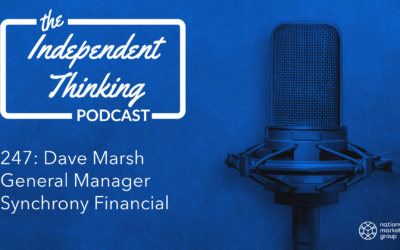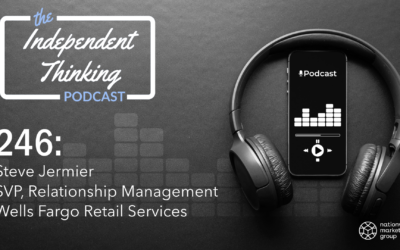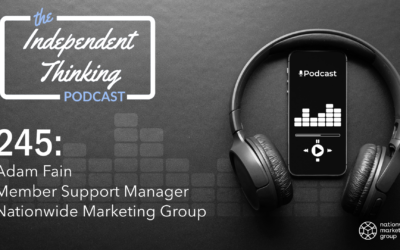Developing a talent bench, often referred to as talent development of succession planning, is critical for ensuring a smooth transition to the next generation of business owners or leaders. Here are quick and easy things you can do to help create and nurture a talented pool of individuals who can take on key roles in your company.
- Identify key roles and competencies. Begin by identifying key roles within your organization that are critical for its success. Then determine the competencies and skills required for these roles.
- Assess current talent. Evaluate your current workforce to identify employees who have the potential to fill these key roles. Look for employees who have the right skills, attitude and potential for growth.
- Create individual development plans. Work with those identified employees to create a tailored development plan. The plan should outline their career goals, skill gaps and the training or experience needed to prepare them for future leadership roles.
- Provide training and development opportunities. Invest in training and development programs, both internally and externally
- Offer stretch assignments. Assign employees to projects or roles that challenge and stretch their abilities. These assignments provide valuable learning experiences and help employees build new skills.
- Offer mentorship and coaching. Pair high potential employees with experienced mentors or coaches who can provide guidance, feedback and support as they prepare for leadership roles.
- Give feedback and monitor progress. Implement regular performance evaluations and feedback sessions to track progress, address skill gaps and set new goals for leadership development. This will allow you to monitor your future leaders’ progress and adjust their development plans as needed.
- Promote a culture of learning. Foster a workplace culture that values continuous learning and development. Encourage employees to seek out new skills and knowledge.
- Hold succession planning workshops. Conduct workshops or training sessions on succession planning for your leadership team. Ensure they understand the importance of talent development and identifying and nurturing future leaders.
- Allow for cross-functional exposure. Encourage employees to gain experience in different departments or roles within the company. Exposure to various aspects of the business can broaden their skills and perspective.
- Build a leadership pipeline. As employees in your talent bench develop and grow, create a clear leadership pipeline that outlines potential career paths and succession scenarios.
- Communication and transparency. Keep employees informed about the succession planning efforts and career development opportunities. Transparency can boost morale and provide motivation.
- Continue evaluating the program itself. Regularly assess the effectiveness of your talent development program. Adjust as needed to align with changing business goals and market conditions.
Remember that developing a talent bench is an ongoing process, and it requires a commitment to investing in your employees’ growth and development. By doing so, you’ll not only be preparing the next generation of business owners or leaders but also fostering a culture of continuous improvement and growth within your company.




